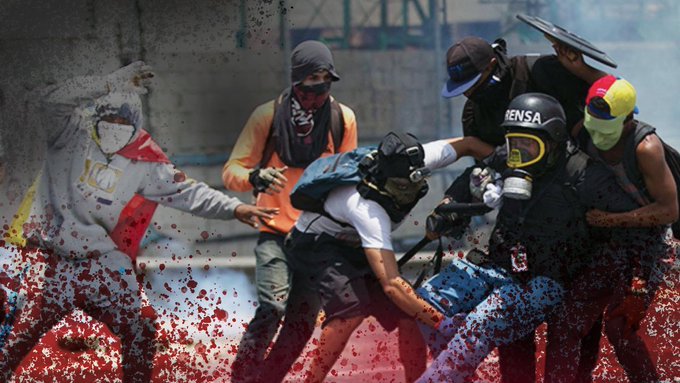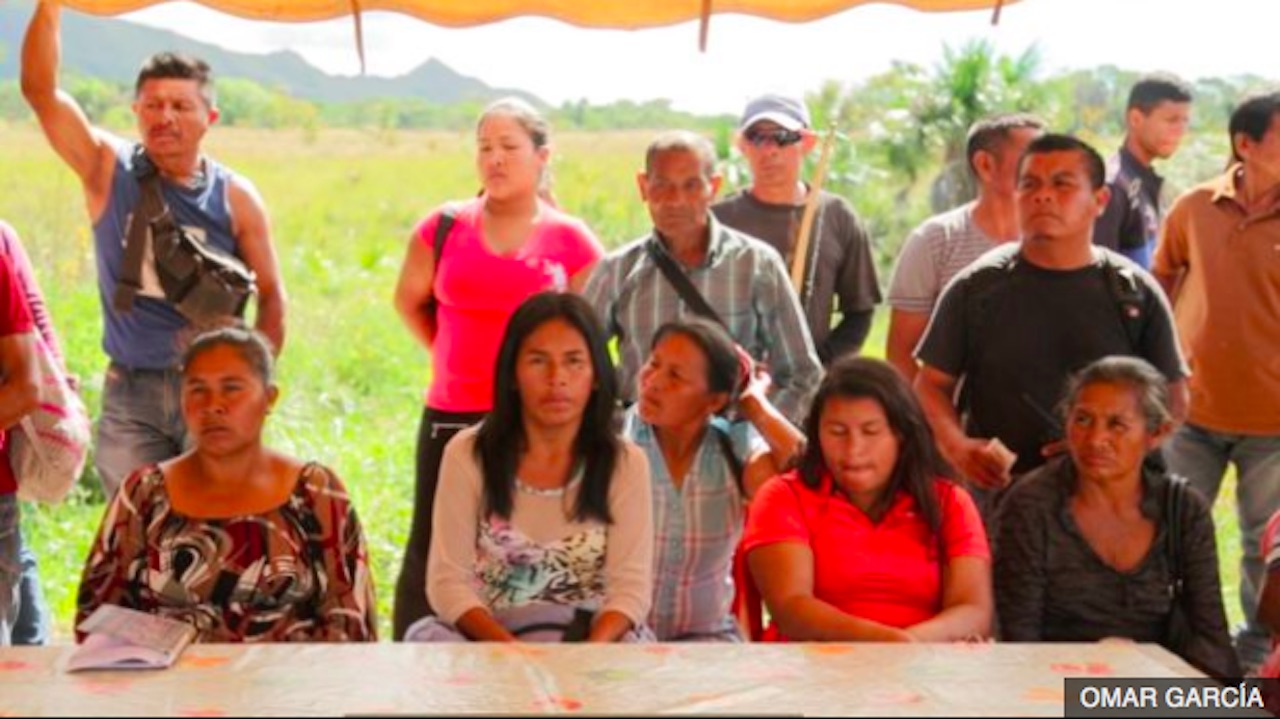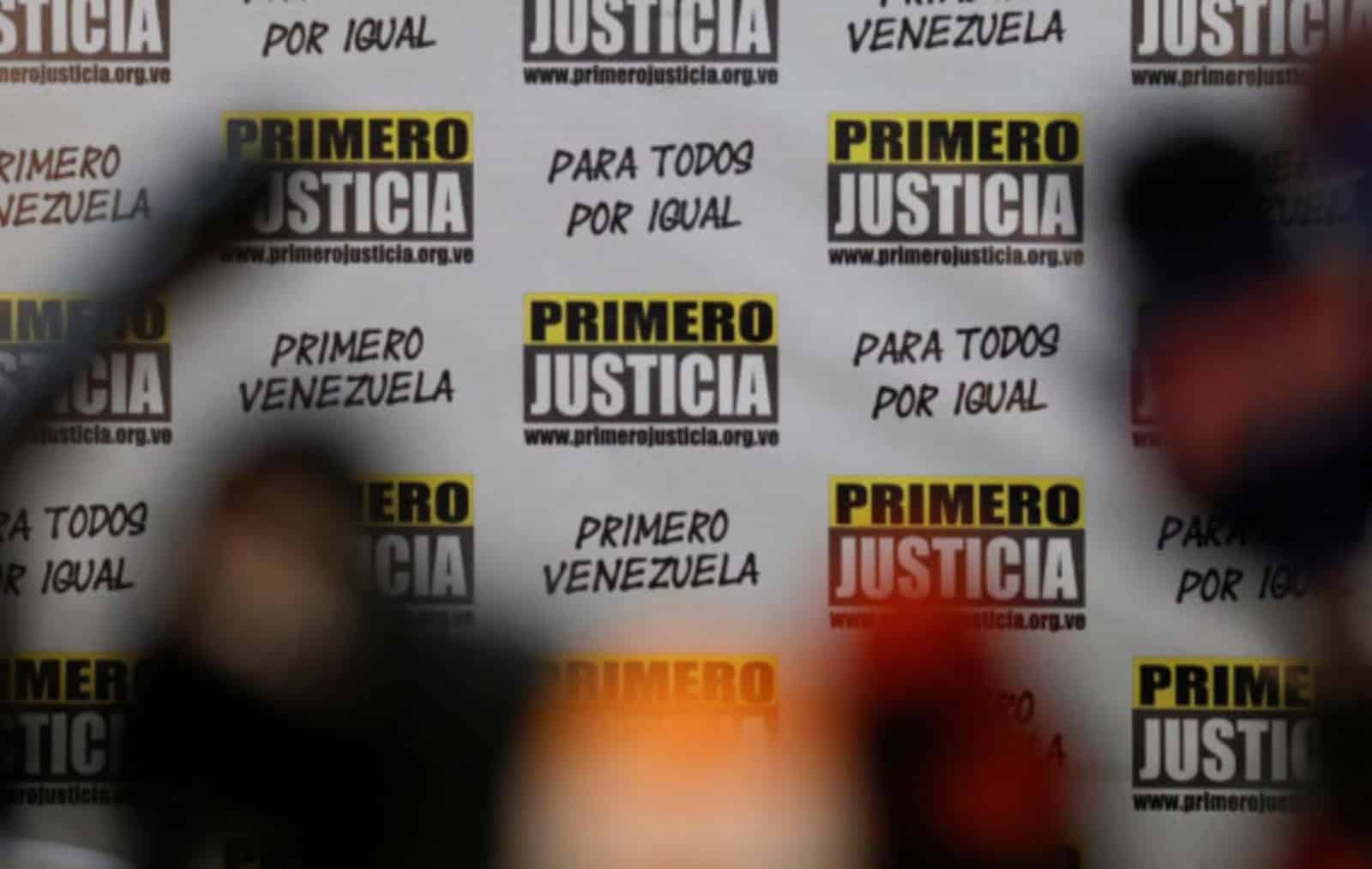The International Workers’ Day finds the working class on the brink of extinction as a social-historical subject. The traditional celebration is now a source of sadness for millions of workers who see with amazement their working conditions deteriorate at high-speed. Labor rights have been violated by a harsh economic crisis that has left them on the brink of starvation. Earning the lowest wage on the planet, the working class languishes as the power that deploys productive capacities to create value. As Karl Marx would say, the proletariat has left the factual subordination to capital for a progressive disappearance of productive subjectivities. In this dramatic scenario, some questions arise as to why this happened, and where the downward trend leads us.
The working class is immersed in the worst crisis in its history
It is a widely known fact that the country’s economic situation is going through the most violent recessionary cycle ever. In our GDP estimates for 2019, we believed the economy declined by around 32%, mainly due to the 39% decrease in oil extraction (January 2019-December 2019), according to secondary sources given to the OPEC. Perhaps the economic measures of liberalization, opening, and loosening of controls, helped to slow down that fall a bit. This would mean that the cumulative drop in GDP for 2013-2019 reached 66%. Such an indicator places us at number nine among the worst-performing economies in the world in the last 70 years. In 2020 Venezuela will enter its seventh year of economic contraction, due to various exogenous factors (COVID 19, low oil prices, extended quarantine) and destructive internal dynamics. According to the IMF, the Venezuelan economy will shrink in 2020 by up to 15%, the biggest drop among all countries in the world.
In graph one we can see the tragic performance of the national economy, which reflects successive year-on-year falls in GDP since 2014, like no other country in the world. This leaves the working class in a state of helplessness versus the progressive destruction of their rights and offers them a scenario of an extremely uphill recovery. It should be noted that the GDP per capita of 2019 is almost identical to the 1952 figure. We are talking about a 70 years decline. A truly unprecedented fact that simply expresses the destruction of the necessary conditions for a thriving working class. We talk of class as the personification of capital capable of producing value. Under this circumstance, the country is devastated and the working class cannot find spaces to work, that is, to produce value, to reproduce its own alienated social relationship.

All the money is gone
The Ecoanalítica firm assumes that more than 53% of all transactions in the country are made in foreign currency (2019). Although it seems exaggerated to us, the boom in the use of foreign currency in the economy is notorious, and many people keep cash at home. Probably, some progress will be made in 2020 in solving problems related to the exchange rate of currencies as a means of payment. All this might result in the formalization of a multi-currency model, in which the dollar serves for payments of high amounts and the bolivar for small amounts. As an experiment of a state cryptocurrency, the Petro still seems too convoluted and impractical for massive implantation. Not to mention that its inorganic creation works the same as fiat money and shows the same inflationary effect. However, the Petro can be established as a unit of account for purely tax reasons. In other words, the government foresees another year of high inflation and considers that anchoring the collection of public bills to the Petro (in turn indexed with the Bolivar-dollar exchange rate) could somehow counterbalance the negative effects on taxation of its own inflationary monetary policy.
The situation of monetary policy is extremely serious. There is a strong lack of means of payment in the economy that threatens to suffocate the little economic activity that could emerge from the severe quarantine after May 2020. The capital shortage is practically absolute. The quintessential form of capital, the money, has become extremely scarce for several years now. This implies that the working class, as variable capital, cannot find the constant fixed capital (machinery, equipment, and facilities) where they can work with a minimum of efficiency. This leads to an economy of very small firms with extremely small capital, which due to their small size cannot access the technology to produce efficiently. For this reason, the working undertakes jobs where it cannot deploy its productive potential, which in turn translates into very low wages, even in the better-paid private sector.
In graph 2 we can see the 99% reduction in per capita liquidity. Here is how the amount of money per inhabitant has gone from a very modest $ 1600, to just $ 15. A real disaster that speaks of the weakness of the demand in Venezuela. For this reason, many merchandise swarms on the shelves without a buyer. This low liquidity of bolivars, taken to their equivalent in dollars, implies unprecedented destruction of the national currency. This partly explains the technical impossibility that real wages can increase significantly under these unfortunate circumstances. Of liquidity in bolivars equivalent to 44 billion dollars in 2011, only 485 million dollars remain in 2020, although the expansion of the supply by the state through inorganic money, at monthly rates of 15% or 20%.

The severe legal reserve of 93% keeps banks (both private and public) tied up. These restrictive measures have destroyed their ability to offer loans. Without loans, there can be no financial leverage possible for any economic activity and there can be no consumer credit for the working class. Therefore, it is impossible to recover the economy if this situation does not stop. In this sense, we see that the money multiplier in the last four months of 2019 stood at 1.04; meaning that for each bolívar issued by the Central Bank of Venezuela (BCV), private and public banks barely granted four cents in credit. The multiplier used to range from 3.5 to 4 a few years ago. This situation seems to have reached a point of extreme concern as it suffocates a very important sector in the economy.
The stormy destruction of oil revenues and the mining abyss
The current oil extraction is around 647,000 barrels per day, which denotes an accumulated annual contraction of 41.2% compared to December 2018, and 42.6% compared to October 2018. The extraordinary oil crisis, strongly exacerbated by sanctions, responds to specific factors, such as extreme corruption, gigantic consumer subsidies (gasoline has been free for about 10 years), low wages, exodus, and disinvestment. The possibility of selling oil futures, securitizing oil from some fields, and making joint ventures with willing investors, is an alternative that bureaucratic processes and heavy legislation hold back. Just by bringing 10% of proven conventional oil reserves (light, medium, etc.) to the stock market, Venezuela could obtain around 120 billion dollars (with a barrel at $ 20). That would be around three times the general estimate of the meager GDP for 2019, a true economic miracle. This would make it unnecessary to go to multilateral organizations and would give ground to an audit of the debt and a successful renegotiation. Again, there appears to be no political will to push for concrete economic measures. Therefore, we defend that sanctions do not prevent the reach of agreements to attract large investments into the country. The BCV was exempted from the sanctions that prohibit formal contacts with multilateral institutions, opening a window of very interesting possibilities. Of course, the ideal would be the complete elimination of the harsh economic sanctions that suffocate the national coffers and prove completely useless for political change. Unfortunately, that does not seem feasible in the short run, auguring the working-class times of even greater difficulties.
Mining is advancing in sorrowful steps south of the country. In the infamous Orinoco Mining Arc (AMO), bloody combats take place between irregular armed groups for the control of the exploitation of a mineral wealth that scarcely pays tribute to the treasury. The enormous contamination of open-pit mega-mining and artisanal mining with mercury unrecoverably destroys large swathes of environmental reserves. It pollutes freshwater and annihilates habitats almost three times the size of the Netherlands. The termination of these activities is essential for an environmentally conscious working class. Marx said that nature is an inorganic extension of our body; the attacks against it are blows against oneself, it is like destroying your own house and source of natural wealth. Recovery of the oil industry at minimum levels would be a thousand times more beneficial than the tax revenue that in the best-case scenario could be collected from the AMO. Not to mention the environmental impact.
Real wages did NOT rise during the boom in oil revenue and spending
Some people say Chávez loved the workers and Maduro loathes them. So, according to them, wages used to rise then, and now they don’t. The reality is that real wages dropped by 55% between December 2001 and December 2012, in US dollars at the unofficial exchange rate. In 2013 Maduro followed the same economic policy of Hugo Chávez (HCF), amid high oil prices, without sanctions, and with still significant oil production. Still, as of December 2013, salaries (in dollars at the unofficial exchange rate) had already fallen by 84%, destructing the workers’ income as seen in the graph below.

It is impossible for any President practicing these economic policies to have a result other than a drop of 84% since increases of the nominal wage based on monetary expansion without production support are quickly absorbed by inflation. The destruction of the salary in 2013 is the sole result of the economic policies of the previous years (2004-2012), which little by little destroyed the industrial, commercial, agricultural, and productive fabric.
In 2013, a 180-degree turn in the economic policy had to be made. However, Maduro kept it without major changes, ultimately deepening the crisis and plunging us into having not only the lowest minimum wage on the planet but also one of the lowest purchasing powers, that is, to have relative food prices above the international standard for many products. Graph 4, below, shows real wages and the purchasing power they represent in a cross-sectional index.

According to the BCV, GDP for the construction sector decreased by 97% between 2013 and the first quarter of 2019 to a systemic disappearance. If there is no production, if the workers cannot be productively employed, they do not earn enough to even be able to reproduce, hence the dramatic mass emigration and the extreme poverty evident in the streets. Poverty cannot be solved with nominal wage increases decreed by the Executive power. Maduro has increased the salary (with food stamps benefits) to Bs. 80,000,000,000,000.00 (without taking into account the conversion of the national currency in 2008 and 2018). The aggregated increase in salaries from December 2013 to the current date is around 20 million percent. It is evident that these increases have only been accompanied by a deterioration in real wages, that is, in the effective purchasing power of wages. Therefore, there is no way to increase purchasing power without a drastic increase in production, productivity, and efficiency. This implies a substantial change in economic policies that allow a sustained development of productive forces based on an increase in the capitalization of companies, productivity, and investment.
Workingmen of all countries unite… and a light at the end of the tunnel
A proposal regarding wage indexation is becoming increasingly necessary. The salary could be adjusted every month, at the same pace as the exchange rate. Something similar could occur if wages were paid in Petros and then exchanged to bolivars or foreign currencies in a transparent, free, and open market. But for this to come about, many other things must happen. Also, thousands of collective contracts have expired, many union leaders have been arrested for protesting against the government (Rubén González, Rodney Álvarez, among others), and violations of the most basic labor rights abound.
A broad government of national unity seems to be the only way to stop this appalling destruction of the living conditions of millions of workers, which otherwise could cause an even more dramatic wave of migration. A broad-based government could access funds frozen abroad by the sanctions, request large loans from multilateral financial institutions (IMF, WB, IDB), sell oil futures through exchangeable securities, attract large capital investments, and renegotiate a (formal) moratorium on external debt with initial coverage support and better interest rates. None of this can be done by the current government. Not even its most powerful allies (Russia and China) have shown the slightest intention of offering economic aid.
Otherwise, the government could “resist”. It could rely on insufficient food distributions, increase the repressive force, and maintain some subsidies. The problem is that a possible improvement in the economic situation would not come in the medium term, the economy could deteriorate further, and excruciating poverty would be the structural way of life for years to come.
Manuel Sutherland, Economist, Director of the Center for Labor Research and Training (CIFO)




